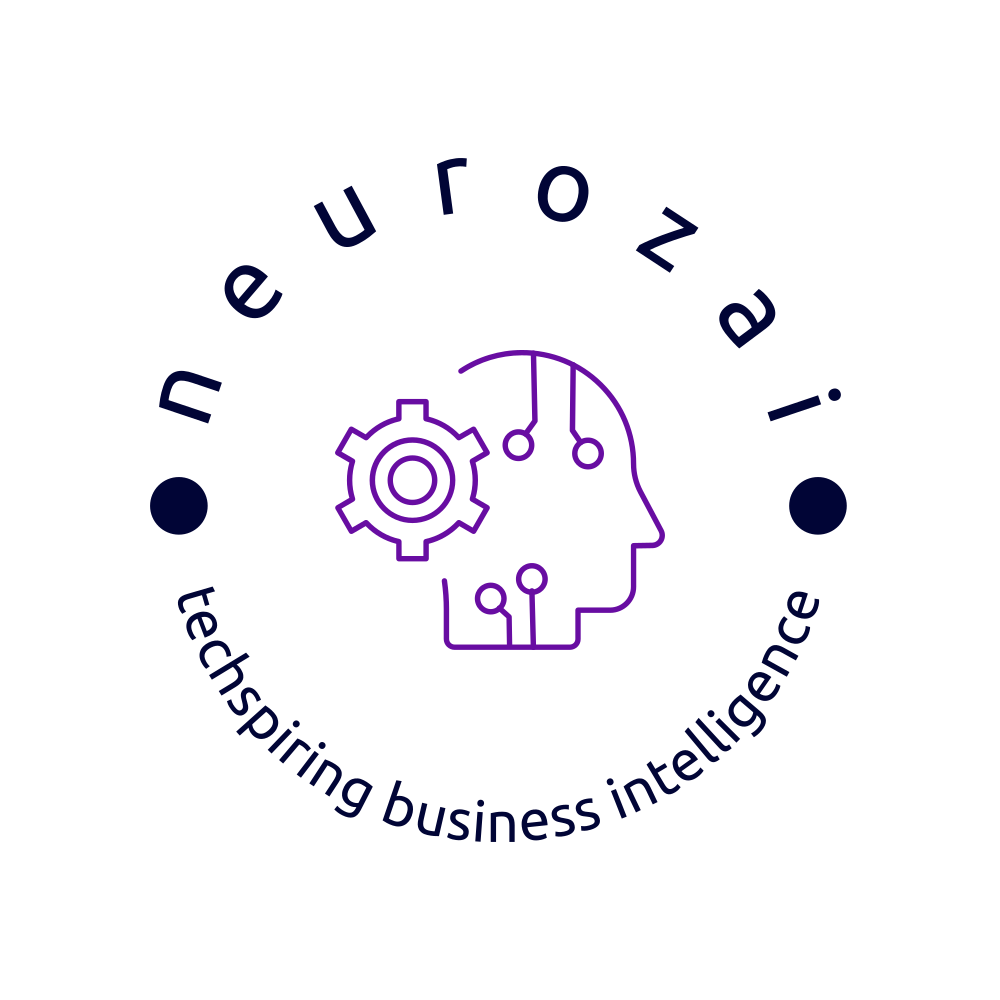Use Case: AI-Powered Medical Assistant for Healthcare Providers
Industry: Healthcare
Scenario: A large hospital system is grappling with increased patient intake and limited staff resources, leading to longer wait times and decreased patient satisfaction. Medical staff are also overwhelmed with administrative tasks such as patient data entry, appointment scheduling, and initial diagnostics, which detracts from direct patient care.
Solution: Deploy an AI-powered medical assistant that automates several routine tasks, enhancing efficiency and supporting medical staff. This virtual assistant uses natural language processing (NLP) to interact with patients, machine learning to handle and analyze patient data, and integrates seamlessly with existing hospital management systems.
Implementation Steps of AI-Powered Medical Assistant:
1. Initial Setup:
Integrate the AI medical assistant with the hospital’s electronic health record (EHR) system to access and update patient records.
2. Patient Interaction:
Implement a voice or chat-based interface for the AI assistant to interact with patients, handling tasks like scheduling appointments, answering FAQs, and collecting preliminary health information.
3. Data Analysis:
Utilize AI to analyze patient data for preliminary diagnostics, flagging potential health issues for direct review by medical professionals.
4. Feedback Loop:
Establish a continuous learning loop where the AI system updates its models based on new health data and patient interactions, improving its accuracy and effectiveness over time.
5. Training Staff:
Provide training for hospital staff on how to effectively use the AI assistant as part of their workflow, ensuring they can leverage its capabilities to reduce workload and enhance patient care.
Benefits of AI Medical Assistant:
-
Increased Efficiency:
Automates administrative tasks, allowing medical staff to focus more on patient care.
-
Improved Patient Satisfaction:
Reduces wait times and improves the patient intake process, enhancing overall patient experience.
-
Enhanced Diagnostic Support:
Helps in preliminary diagnostics, providing medical staff with useful insights to aid in their decision-making.
-
Scalability:
Easily scalable across multiple departments and facilities, supporting a wide range of clinical and administrative functions.
Impact of AI Assistant in Healthcare
The AI-powered medical assistant significantly streamlines hospital operations by handling repetitive tasks, reducing the administrative burden on healthcare providers, and improving the accuracy of patient data management. This leads to better resource allocation, more effective patient care, and higher satisfaction levels among both patients and staff.

